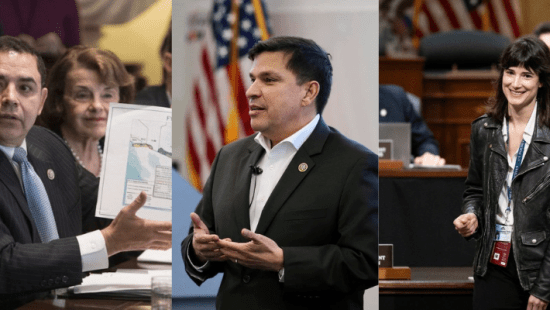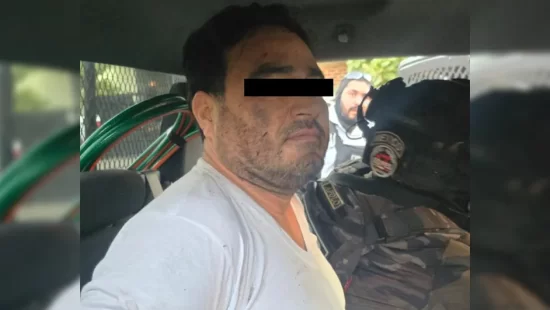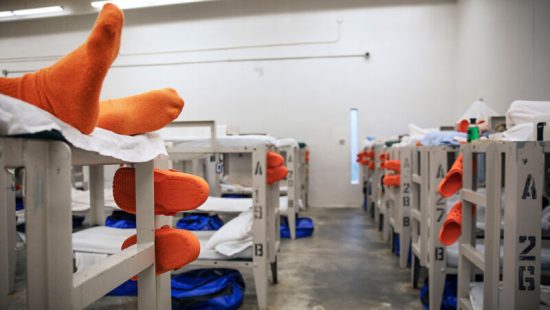With the arrival of Claudia Sheinbaum to the Mexican presidency, time has run out for some major drug lords who had been held in federal prisons for years, pursuing multiple legal challenges to avoid extradition to the United States.
As part of bilateral security collaboration, the Security Cabinet launched the delivery of 55 perpetrators of violence wanted by U.S. justice systems. In February and August of this year, the leaders and high-ranking members of various criminal organizations responsible for high-impact crimes and multiple episodes of violence were expelled from the country.
The Mexican government confirmed in both cases that the decision was made to guarantee national security and that it was supported by a legal framework separate from the extradition process. Therefore, the injunctions previously filed by the transferred individuals were ineffective in stopping their arrival in the Star-Spangled Banner.
During the second transfer of the perpetrators of violence, the head of the Secretariat of Security and Citizen Protection (SSPC), Omar García Harfuch, explained that some of them continued to coordinate criminal activities from prison through visits, which could not be denied based on respect for their human rights.
His statement exposed the shortcomings faced by the Mexican prison system in neutralizing the criminal activities of the people who inhabit it, among whom three high-profile criminal leaders still stand out and are facing their own judicial proceedings.
The arrival of 55 perpetrators of violence to the United States was no coincidence. Each of them faced charges filed in federal courts after authorities in the neighboring country identified and documented their extensive criminal history and, in most cases, their membership in an organized crime organization.
Founders of major cartels such as Rafael Caro Quintero or Erick Valencia Salazar El 85, bloodthirsty leaders such as Miguel Ángel and Omar Treviño Morales alias Z40 and Z42, and others of equally high profile such as Vicente Carrillo Fuentes El Viceroy, Antonio Oseguera Cervantes Tony Montana, Abigael González Valencia El Cuini, or Servando Gómez La Tuta, were the protagonists of the proceedings led by the Security Cabinet.
The packages also included key operatives and security chiefs, especially from the Sinaloa Cartel, such as José Ángel Cannobio Inzunza (El Güerito), Mauro Alberto Núñez Ojeda (El Jando), Martín Zazueta Pérez (El Piyi), Kevin Acosta Gil (El 200), as well as Juan Carlos Félix Gástelum (El Chavo Félix), Leobardo García Corrales, and Hernán Domingo Ojeda, among others.
Other members of Los Zetas, the Jalisco New Generation Cartel (CJNG), the Beltrán Leyva Organization, and the Familia Michoacana made up the rest of the two packages handed over to the United States, as their organizations were involved in international drug trafficking operations, an activity large and lucrative enough to enter U.S. radar.








